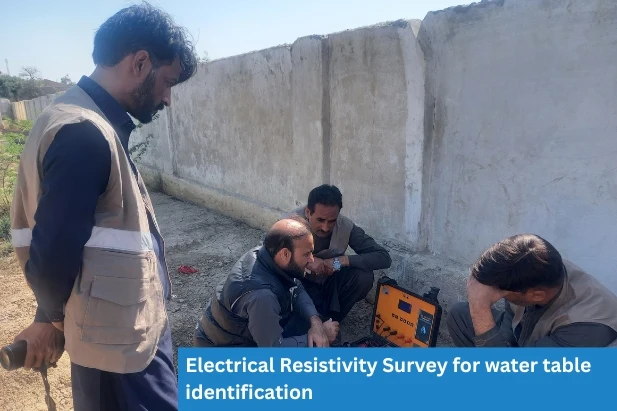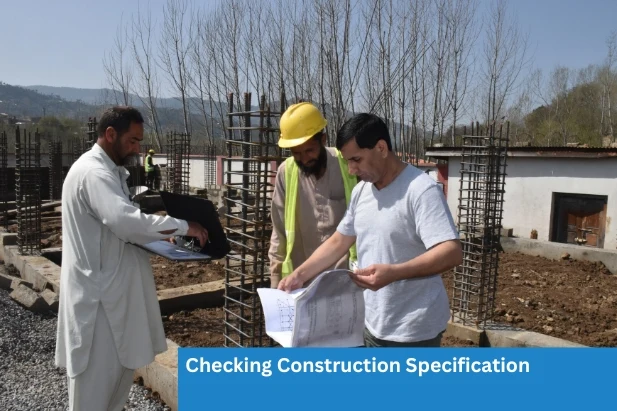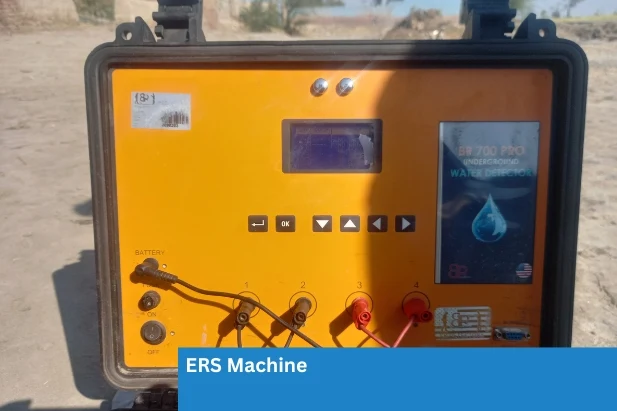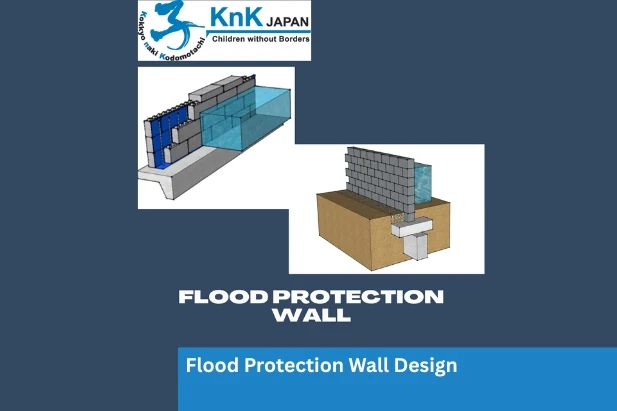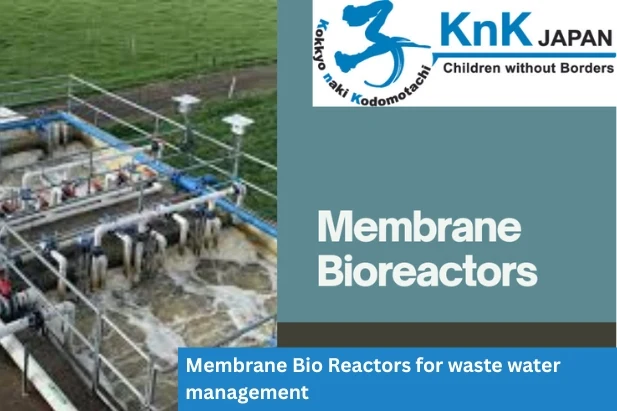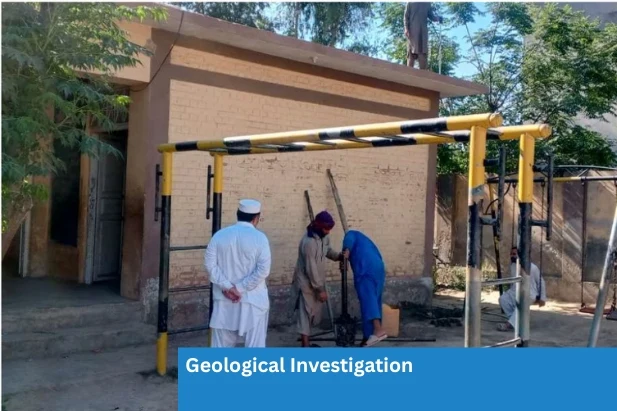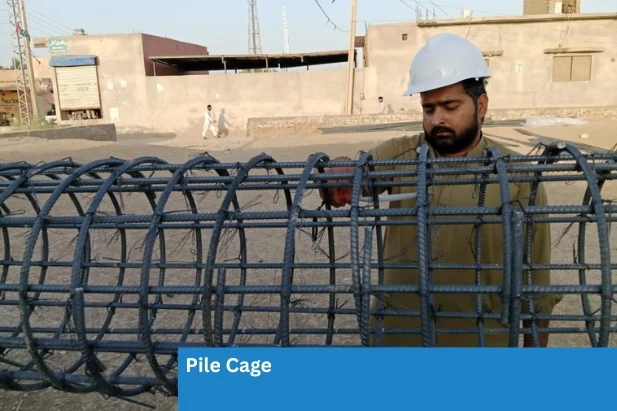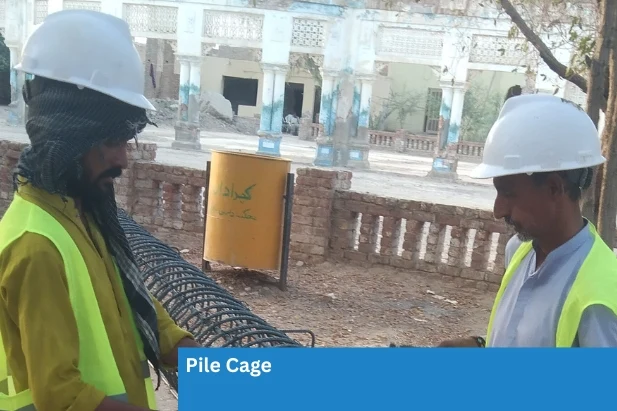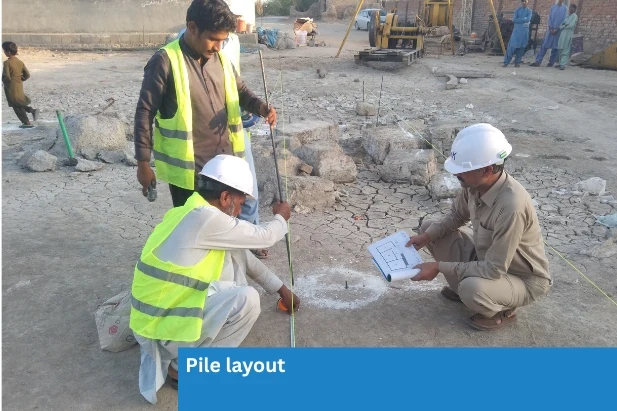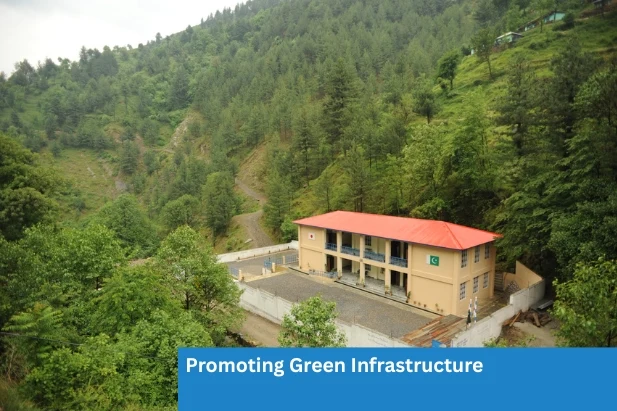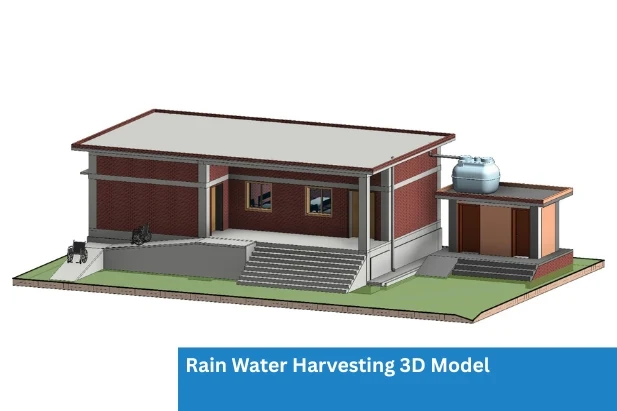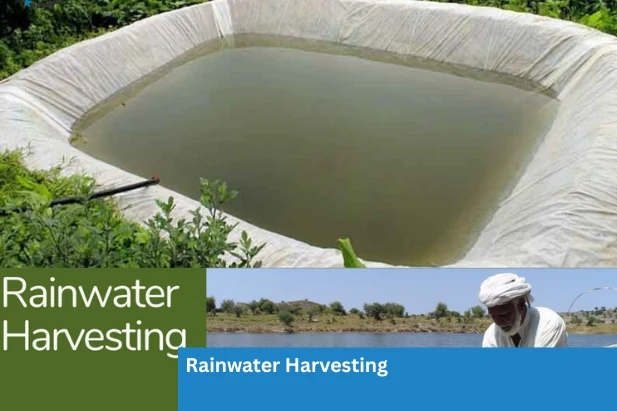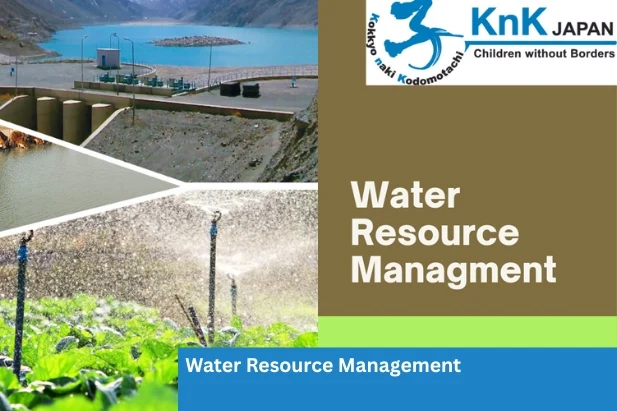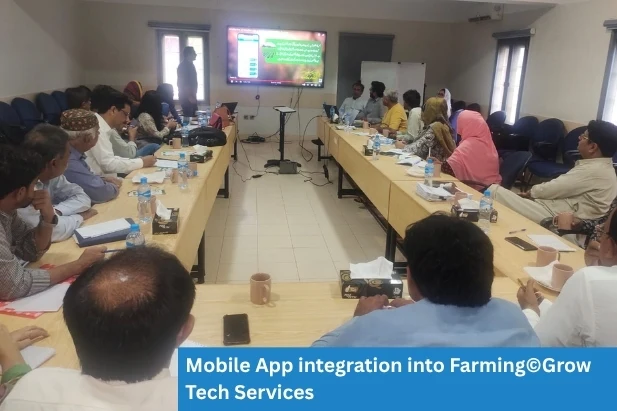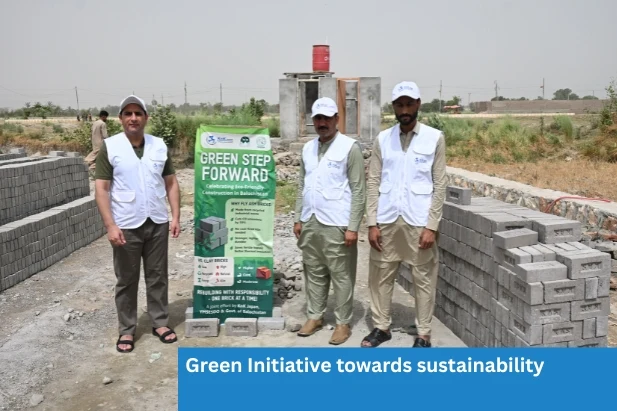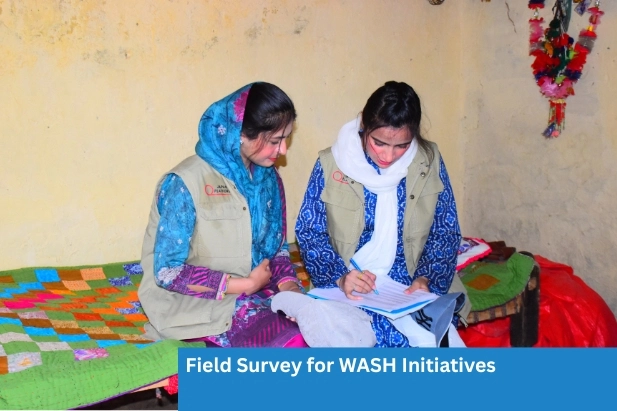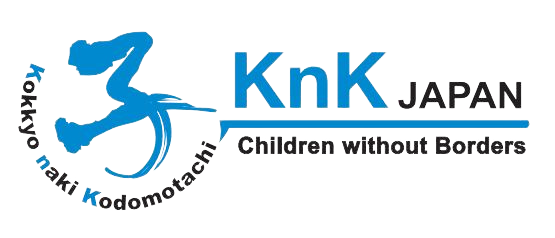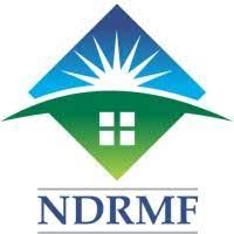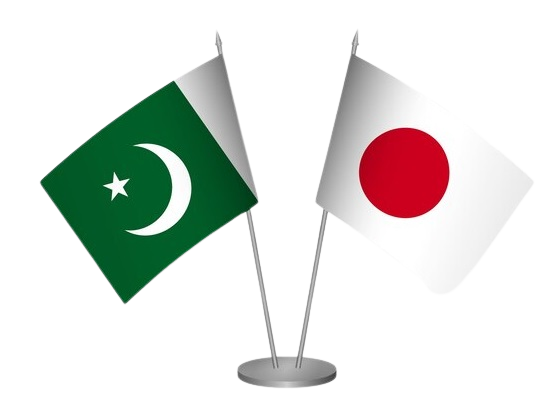Research and Development
Research & Development
At KnK Pakistan, our Research and Development (R&D) department is at the forefront of creating practically sound solutions that are grounded in local contexts, addressing the increasing threats from climate-related disasters. In various parts of Pakistan, essential public infrastructures, such as educational facilities, healthcare centers, and community housing, are increasingly at risk from floods, earthquakes, and extreme weather conditions. As a response, we promote affordable, research-based approaches to evaluate structural weaknesses, guide risk reduction strategies, and support resilient reconstruction.
By combining globally recognized engineering practices with in-depth local knowledge, our R&D efforts provide practical insights that empower communities, shape policy, and ensure that investments in development are secure, sustainable, and resilient for the future. Whether it’s protecting a school located in a flood-prone area or strengthening a clinic situated in an earthquake-prone region, we are dedicated to turning research into tangible resilience.
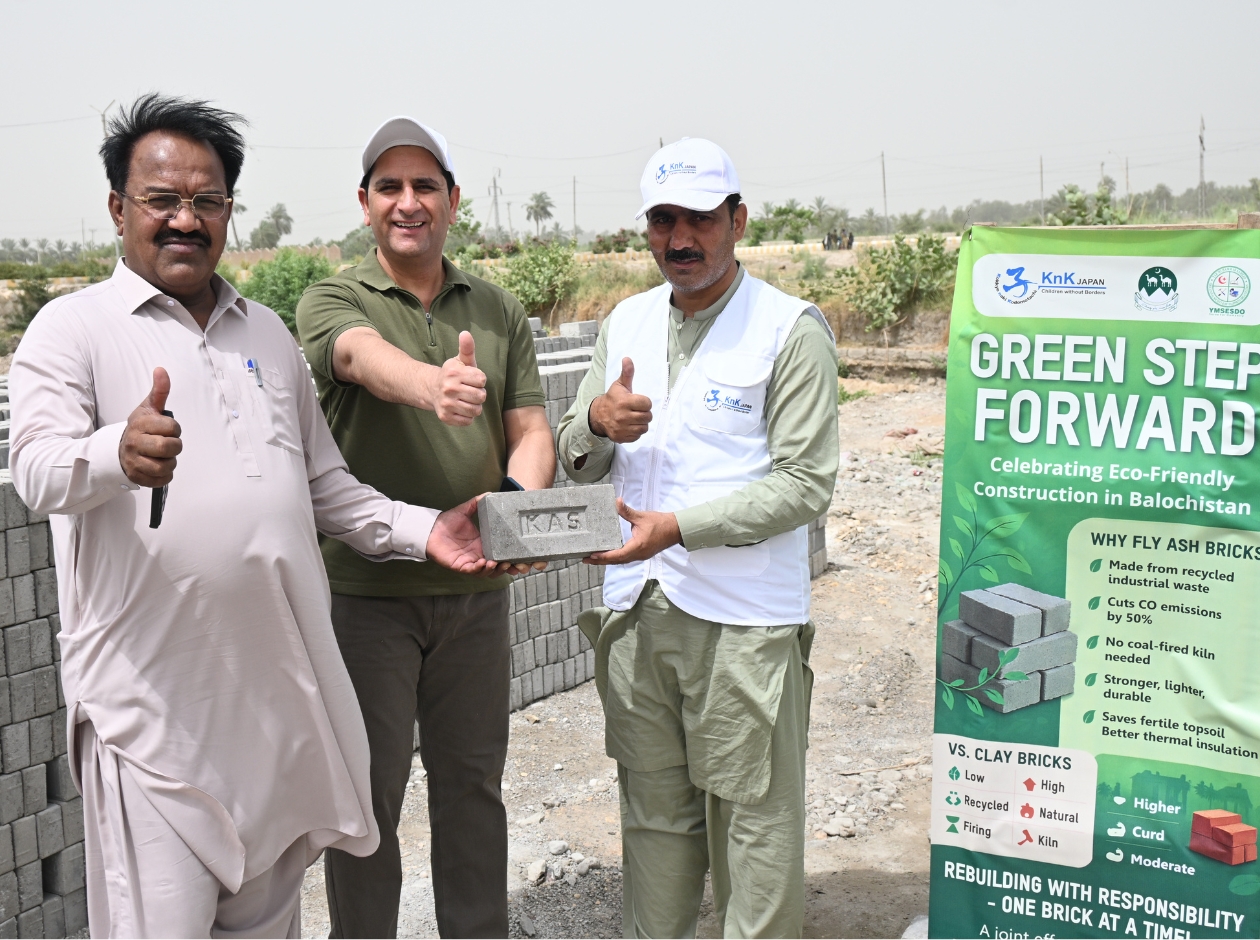
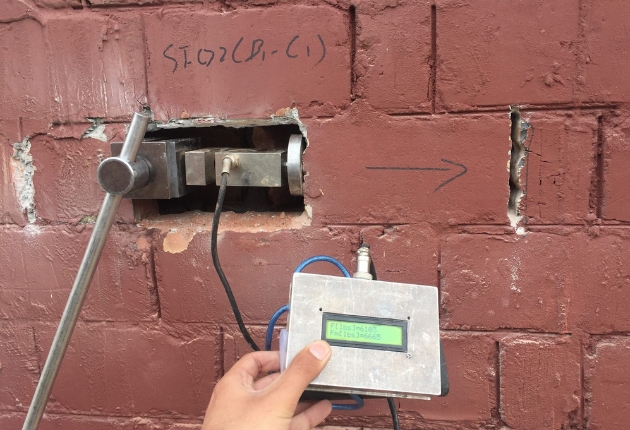

Structural Health Assessment (SHA)
KnK Pakistan, in collaboration with DQA Associates, is leading one of the most structured and impactful initiatives in the country to assess the safety and resilience of buildings through Structural Health Assessment (SHA).
This process enables us to assess the structural integrity of a building and its capacity to withstand earthquakes, floods, and other natural disasters. We begin with a rapid assessment utilizing international standards such as FEMA P-154 and ATC-45, along with DQA’s proprietary approach, to determine if a building is secure, requires repairs, or needs a more in-depth examination. For structures that present a higher risk or are challenging to evaluate, we perform a comprehensive analysis using sophisticated tools and techniques. This involves collecting samples from walls and foundations, assessing the material strength, and developing 3D computer simulations to analyze how a building might behave during a disaster. These processes help us determine whether the building is suitable for repair or should be reconstructed/retrofitted to ensure the safety of occupants.


Hydrological Research & Water Management.
Issues of water shortage and flood threats in Pakistan frequently coexist; the hydrological surveys conducted by KnK Pakistan are essential for enhancing climate resilience.
These surveys are crucial for assessing soil stability, mapping elevation variations, and identifying areas vulnerable to slope failures and fault lines. The information gathered is vital for pinpointing safe construction sites, particularly in regions susceptible to landslides or located within flood-prone areas. This essential data is fundamental in designing durable infrastructure that can endure environmental challenges and safeguard communities.


Geotechnical & Topographical Surveys
KnK Pakistan actively adopts advanced technologies to improve research quality and boost community involvement.
By employing tools like GIS-driven hazard mapping and interactive dashboards, 3D flood modeling simulations, drone surveillance of disaster-stricken areas, and mobile survey applications for immediate data gathering, KnK guarantees accurate and timely information. These technologies enhance both the precision and efficiency of assessments while supporting evidence-based advocacy, allowing stakeholders to make well-informed decisions and influence policies aimed at improving disaster resilience and preparedness.


Nature-Based Solutions (NBS)
KnK Pakistan incorporates Nature-Based Solutions (NBS) into its research and programs to advocate for sustainable and ecosystem-oriented methods of reducing disaster risks.
This involves examining the restoration of wetlands and mangroves to alleviate flooding, carrying out reforestation initiatives to combat soil erosion and slope failure, and utilizing bioengineering strategies to naturally stabilize at-risk slopes. These eco-friendly approaches are not only cost-efficient but also provide enduring advantages that complement conventional structural solutions. Grounded in global strategies for climate adaptation, NbS presents practical, community-focused options that boost resilience while safeguarding natural ecosystems.


Local Capacity Building
KnK Pakistan strongly believes in people-centered resilience, recognizing that empowering individuals and communities is key to sustainable development.
As part of our research and development efforts, we conduct field trainings and technical workshops to build green skills in areas such as safe construction practices, hazard mapping, community-based risk monitoring, and the use of digital tools for environmental management. By actively training government officials, young engineers, and local community members, we ensure that the knowledge and capacity to manage risks are developed at the grassroots level. This approach not only strengthens local ownership but also ensures that resilience efforts are inclusive, sustainable, and led by those most affected.


Green Skills & Entrepreneurship
KnK Japan, in partnership with the Government of Balochistan and YMSESDO, is spearheading a significant transition towards environmentally friendly construction by promoting the use of fly ash brick technology.
This signifies our dedication to developing green skills and climate-smart business practices, enabling communities to rebuild in a sustainable manner while generating new economic opportunities.
Embracing fly ash bricks allows us to dramatically lower carbon emissions reducing CO₂ output by as much as 50% while making use of recycled industrial waste and safeguarding valuable topsoil. These eco-friendly bricks are not only lighter and stronger but also more durable than conventional options, providing long-lasting value and resilience. Crucially, this initiative eliminates the reliance on coal-fired kilns, which aids in improving air quality and fostering a healthier environment.
This project extends beyond mere innovation; it encourages a culture of sustainable construction practices and enhances skill development for youth and local craftspeople. Together, we are nurturing a new wave of environmentally aware entrepreneurs and building the groundwork for a greener, more resilient Balochistan one sustainable brick at a time








